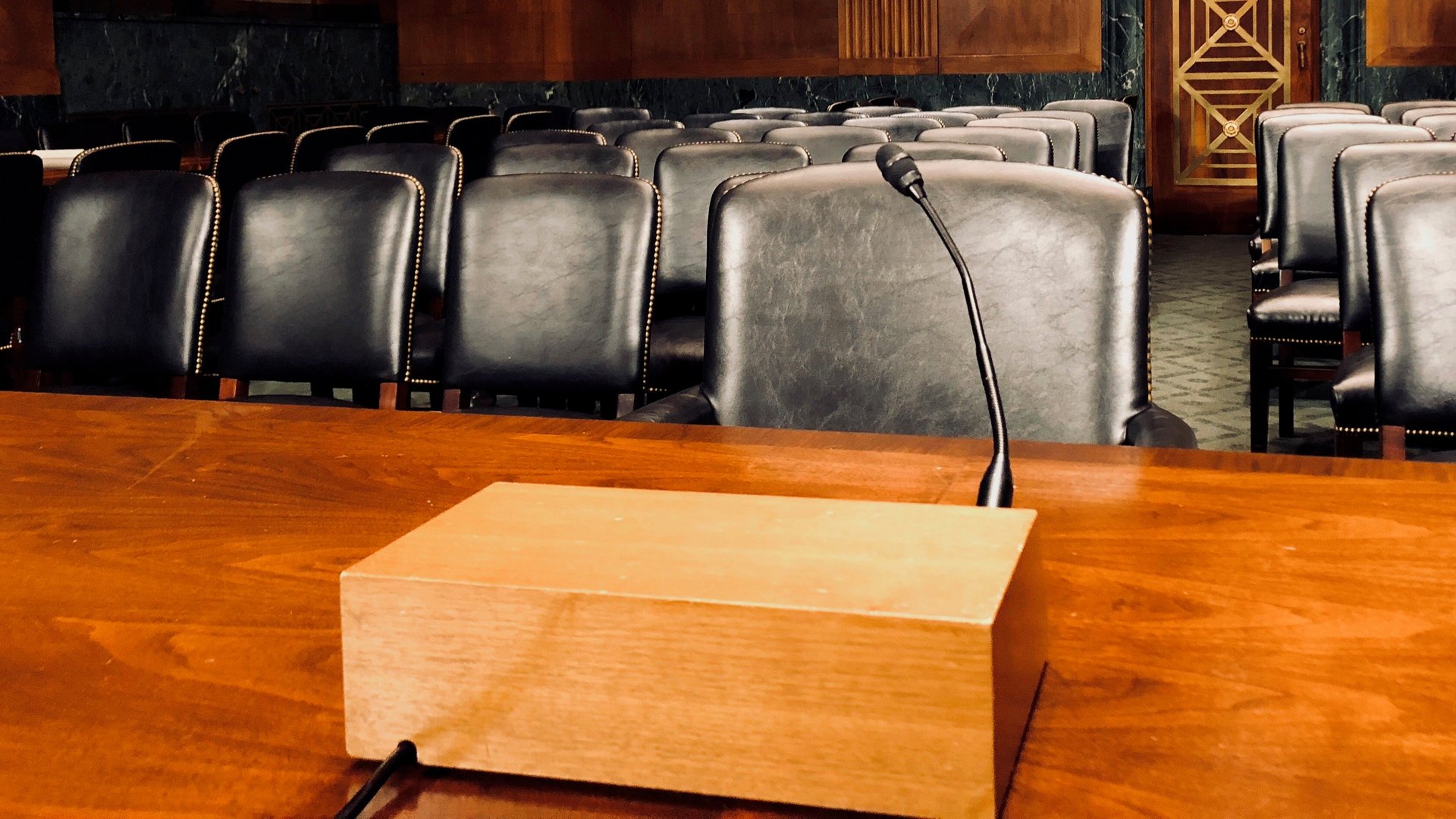The Kavanaugh Senate hearings are a sham
Today, Sept. 27, US Supreme Court nominee Brett Kavanaugh is testifying before the Senate Judiciary Committee and the viewing public about sexual misconduct allegations leveled by Christine Blasey Ford. We’ll watch raptly, yet nothing will be established. That’s practically guaranteed.


Today, Sept. 27, US Supreme Court nominee Brett Kavanaugh is testifying before the Senate Judiciary Committee and the viewing public about sexual misconduct allegations leveled by Christine Blasey Ford. We’ll watch raptly, yet nothing will be established. That’s practically guaranteed.
The hearings involve questioning the nominee and his accuser. No witnesses will be called. There has been no discovery period. No burden of proof has been established. And we don’t even really know what we’re looking for, though purportedly it’s a thing called “credibility.”
Unlike a trial, where a process for uncovering and submitting information is laid out in advance and followed strictly, the rules of presentation are clear, standards and definitions have been established, and objections are registered to preserve the right to appeal rulings by a neutral arbiter, this hearing is a slapdash attempt to offer the appearance of fairness with no actual substance. It’s mere theater.
US president Donald Trump said at a press conference at the United Nations on Sept. 26 that he, too, will be watching and could be convinced that Kavanaugh’s nomination should be withdrawn if the judge doesn’t seem credible. But what exactly does that mean? Most likely, that Trump and senators will be going with their gut or political ambitions, as there is no clear definition of what it takes to “seem” credible in this kind of hearing.
As attorney and professor Anita Hill pointed out in a Sept. 18 op-ed in the New York Times (paywall), when she in 1991 accused now-justice Clarence Thomas of sexual harassment during his Senate confirmation process, the concept of such accusations derailing a nomination seemed novel. The judiciary committee had no rules on how to handle the allegations and so a group of all-male senators grilled Hill but allowed no witnesses to corroborate her stories.
Now, nearly 30 years later, little has changed. “That the Senate Judiciary Committee still lacks a protocol for vetting sexual harassment and assault claims that surface during a confirmation hearing suggests that the committee has learned little from the Thomas hearing, much less the more recent #MeToo movement,” Hill wrote.
There’s still not an established process for handling misconduct allegations. In other words, the committee is basically winging it, making things up as they go. Republican senators have figured out how to appear more fair, or so they believe by hiring a female prosecutor, Rachel Mitchell, to do their questioning. This will possibly help with optics, sparing us the pictures we saw of Hill, a lone female facing a row of male interrogators in power.
However, it won’t solve the fundamental problem—murkiness. The standards here just aren’t clear. And what happens next? Do the other women who’ve accused Kavanaugh of sexual misconduct go ignored, or can Ford and the nominee say something that might trigger additional hearings?
Kavanaugh himself said repeatedly in an interview on Fox News this week that he just wants a fair hearing and a chance to defend his integrity. But the judge knows better than most that what he’s participating in is basically political theater.
Because there’s been no neutral investigation to establish the facts, no rules of the road, and the hearing is a rushed affair designed to placate, this is not an opportunity to uncover truth. Instead, it’s more of a national event, government entertainment, and we get to watch some people sweat.